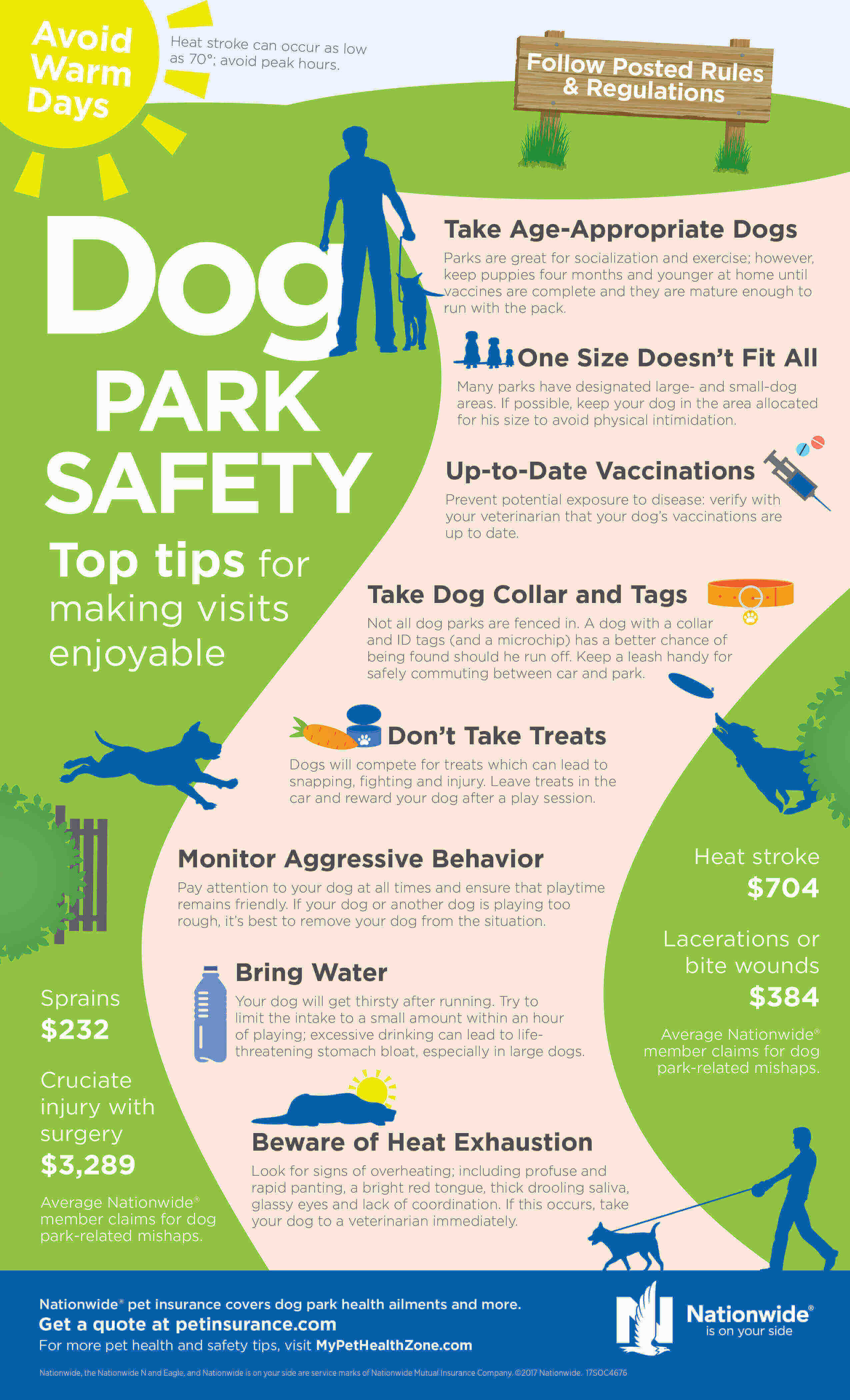How To Transition Dog To Daycare
How To Transition Dog To Daycare
Blog Article
Can Pet Dog Childcare Reason Disease?
Dogs in day care receive lots of workout, socializing with other dogs and one-of-a-kind experiences. This can be specifically valuable for young puppies and dogs with behavior problems.
There are numerous lawful considerations you need to take into consideration when beginning a dog childcare business. These include the structure of your service and conformity with federal government laws.
1. Canine Distemper
Canine distemper is spread through direct contact with the bodily liquids and waste of a contaminated pet, yet it can additionally be transmitted via shared water and food bowls or through airborne droplets. This extremely infectious health problem is most unsafe for pups, yet it can influence dogs of any kind of age and is fatal for most if left neglected.
Preliminary signs of canine distemper commonly resemble an acute rhinitis, consisting of dripping eyes and nose with watery or pus-like discharge. As the condition proceeds, a pet will certainly create high temperature, coughing, lowered cravings, throwing up and looseness of the bowels. The infection can additionally strike the nerves, causing seizures, shivering and partial or full paralysis.
Reliable daycares reduce direct exposure to infection by calling for inoculations, regular health examinations and adhere to rigorous health procedures. If your puppy seems overly tired or limping, a day off might aid him recuperate, however you ought to prevent taking him back to daycare until these symptoms clear up.
2. Kennel Coughing
Kennel coughing, additionally referred to as contagious canine tracheobronchitis or Bordetella, is an extremely contagious viral or bacterial disease that influences the respiratory system system. It's frequently transferred through the exchange of saliva or air droplets that an unwell pet breathes out. Social pet dogs are at higher threat for infection as a result of their constant communication with one another, such as when they play, share food or water, sniff each other or just satisfy in a crowded environment like a pet park or childcare.
One of the most typical symptom of kennel coughing is a relentless and powerful cough that sounds like something embeded the throat or retching. Commonly, canines will cough up foamy white phlegm. If left without treatment, a canine can develop pneumonia and go to severe danger for life.
A reliable daycare center must have strict cleansing and cleanliness procedures, sanitize all playthings, food and water bowls on a regular basis, and be open regarding their vaccination plans. Keeping your dog approximately date on their vaccinations, especially for bordetella and canine flu, will significantly reduce their opportunities of acquiring the illness.
3. Parvovirus
Canine parvovirus, or parvo, is a very contagious viral ailment that can be dangerous for puppies and young person pet dogs with poor body immune systems. It's most typically spread out by direct contact with infected pet dog feces-- which can happen when pets smell, lick, or taste contaminated feces-- and indirectly from contaminated individuals, items, or environments (like kennels, brushing rooms and grass). Young puppies and dogs without full vaccination backgrounds are particularly at risk to parvo.
The infection is extremely resistant, surviving in the setting for as much as 9 years, and can quickly be transferred in between dogs by get in touch with via feces or on shoes, apparel, and bed linen infected with parvovirus. If not dealt with instantly with IV liquids, electrolyte balance, throwing up control medications and anti-biotics to prevent additional dog boarder near me bacterial infections, a pet dog will swiftly dehydrate and create serious looseness of the bowels, which results in shock and blood poisoning. Parvo is challenging to heal once a pet dog has actually become ill, yet with appropriate veterinary treatment, numerous pups do survive this health problem.
4. Canine Flu
Pooch influenza infection is very contagious and spreads with straight contact, sharing food and water bowls, licking or nuzzling various other pets, through air-borne beads, and through polluted surface areas. Vaccination is effective in lowering the risk of infection and break outs.
A lot of affected canines create a mild breathing infection with a coughing that lasts 1-3 weeks. They may likewise have nasal and eye discharge, sneezing, and lethargy. A few of one of the most serious situations cause pneumonia and a high fever.
If your dog displays any one of these symptoms, do not bring them back to day care till they are healthy and balanced. If your canine is revealing indicators of extreme tiredness or hopping, talk with your veterinarian immediately and make certain they are on good health supplements to assist construct their immunity. A veterinarian will review your dog for signs of the influenza by taking an example from the nose or throat, and blood examinations can be done to confirm.